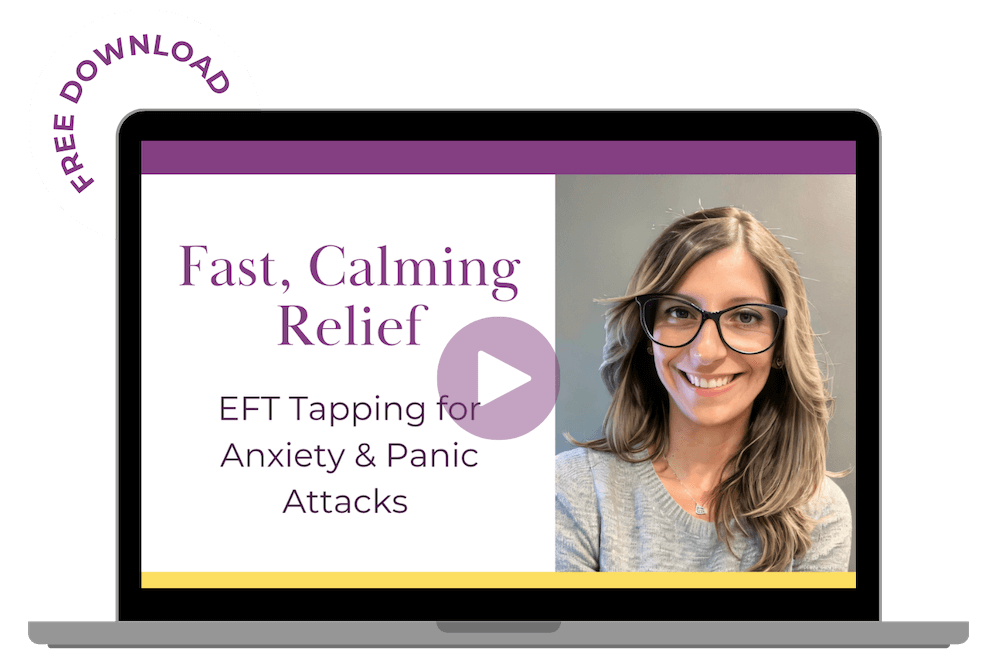When you’re caught in the grips of a panic attack, the world seems to narrow to a point where understanding and being understood by those closest to you can feel like an insurmountable challenge. Yet, opening up about your panic attacks is a crucial step towards building a supportive environment, one that not only acknowledges your struggle but actively participates in your journey of overcoming it. This blog post will explore effective ways to communicate about panic attacks, drawing from statistics, personal experiences, and the collective wisdom of those who’ve walked this path before you.
Understanding the Scope
- Prevalence: The Anxiety and Depression Association of America (ADAA) reports that panic disorder affects 6 million Americans, or about 2.7% of the population.
- Impact on Relationships: Open communication can greatly alleviate the stress and misunderstanding that panic attacks introduce into relationships, fostering a stronger, more empathetic connection.
Personal Narratives That Light the Way
- Sarah’s Story: Overcoming the fear of judgment, Sarah found relief and support by sharing her experiences with her partner. “It was like lifting a weight off my shoulders,” she reflects. “My partner’s effort to understand and support me made our bond stronger.”
- Mike’s Reflections: Mike’s story emphasizes the importance of educating loved ones. After learning more about panic attacks, his family became a crucial part of his support network. “They went from puzzled bystanders to crucial allies in my battle,” he shares.
Strategies for Effective Communication
Opening up about your panic attacks can be daunting, but these strategies can help make the conversation more constructive and less intimidating:
- Choose the Right Moment: Find a calm time to talk, where there’s space for a heartfelt conversation without distractions.
- Educate: Share resources or explanations about what panic attacks are and what they aren’t – dispelling myths and setting the stage for understanding.
- Express Needs Clearly: Be clear about the kind of support you’re looking for, whether it’s space during an attack, a listening ear, or accompanyment to therapy sessions.
- Use “I” Statements: Frame your experiences in a personal context to avoid blame and facilitate empathy.
- Acknowledge Their Feelings: Recognize that your loved ones may also be affected and might need support themselves.
The Journey Ahead
While communicating about panic attacks requires vulnerability, it’s a step towards mutual understanding and deeper connections with your loved ones. Remember, the strength to be vulnerable comes from the same place as the resilience to overcome your panic attacks. Every honest conversation is a step forward on your path to not just managing, but thriving beyond panic attacks. It’s about building bridges – not just between you and those you love, but also between your present struggles and a future filled with hope and understanding. Together, you can create a support system that stands strong against the waves of doubt and fear, illuminated by the light of empathy and compassion.







